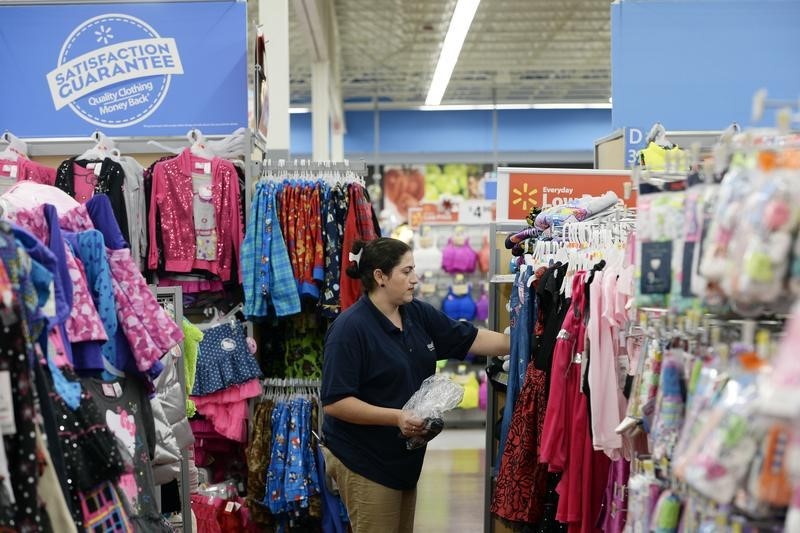Bitcoin price today: dips below $112k, near 6-wk low despite Fed cut bets
Investing.com - U.S. consumer confidence deteriorated for a third straight month in February, in the latest sign that American households are fretting over the effect tariffs and inflation could have on the path ahead for the wider economy.
Recent data points have suggested that shoppers are worried about lingering inflationary pressures weighing on their purchasing power. Concerns have also surrounded whether it may be too late for consumers to avoid the impact of sweeping tariff plans being pursued by U.S. President Donald Trump.
The Conference Board said on Tuesday that its consumer confidence index fell to 98.3 this month, down from an upwardly-revised mark of 105.3 in January. It was the biggest monthly decline since August 2021.
Economists had predicted a reading of 102.7.
Meanwhile, the present situation index, which gauges how consumers view the current state of business and labor market conditions, fell by 3.4 points to 136.5.
The expectations index -- a metric tracking the short-term outlook for income, business, and job market conditions -- also declined 9.3 points to 72.9. It was the first time since June that this figure was below the 80-point mark that usually signals a recession ahead, The Conference Board noted.
Average 12-month inflation expectations surged to 6% in February from 5.2% in January, which The Conference Board said was likely a reflection of sticky price growth, a recent jump in the cost of common items like eggs, and the implications of the tariff actions.
"References to inflation and prices in general continue to rank high in write-in responses, but the focus shifted towards other topics," said Stephanie Guichard, Senior Economist at The Conference Board.
"There was a sharp increase in the mentions of trade and tariffs, back to a level unseen since 2019. Most notably, comments on the current Administration and its policies dominated the responses.”
Wells Fargo (NYSE:WFC) economist Tim Quinlan said not all the weaknesses in consumer confidence is due to the Trump Administration’s "rapid-fire changes."
"We suspect that many consumers still have unhealed scar tissue from the price spikes of recent years and as a result have become skittish about potential signs of inflation heating back up," Quinlan stated. "Tariff worries are rattling consumers’ cages in a way that they perhaps did not in the current President’s first term."
(Scott Kanowsky contributed to this report)
